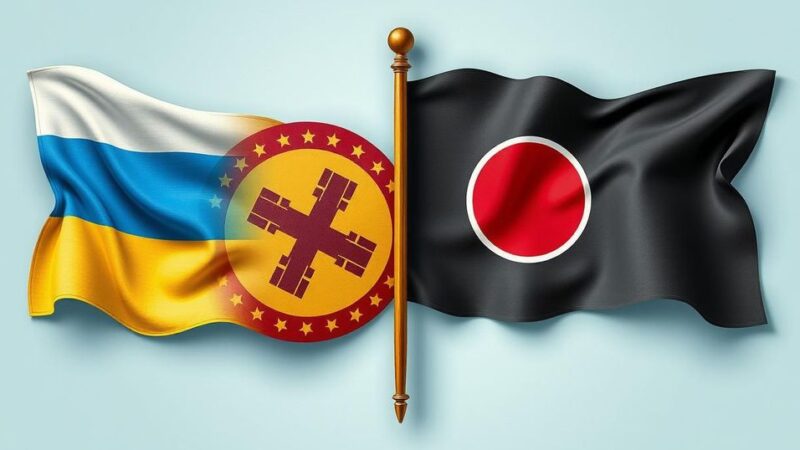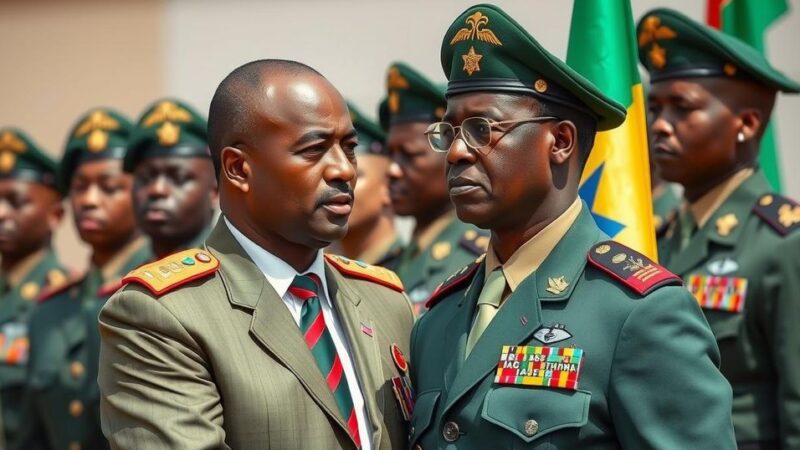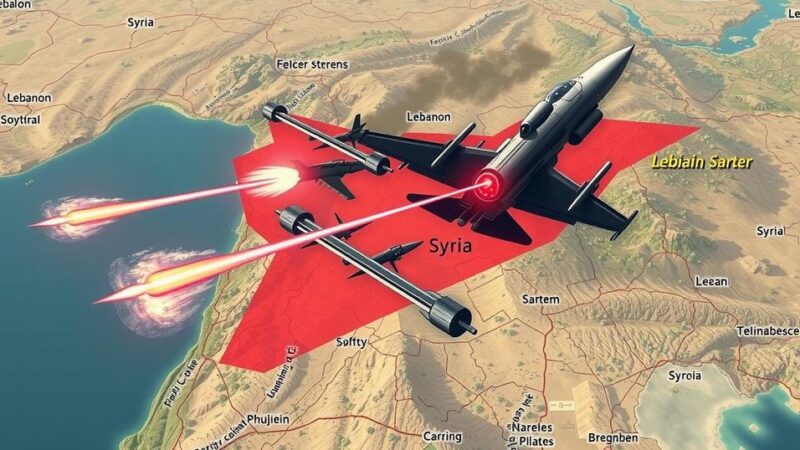As Mahmoud Abbas marks 20 years in office, his presidency is characterized by persistent challenges and complex divisions within Palestinian politics. Internal rivalries, particularly with Hamas, have hindered progress toward statehood and peace negotiations with Israel. Recent international efforts, particularly through Saudi Arabia, offer new hope for advancing the two-state solution, while Abbas’s legacy remains at a crucial juncture, facing calls for renewal and accountability.
As Palestinian Authority President Mahmoud Abbas commemorates two decades in office, his leadership story is marked by complexity amidst division, disillusionment, and persistent determination. Since succeeding Yasser Arafat in 2005, Abbas has confronted numerous challenges that have significantly influenced Palestinian aspirations for statehood and peace with Israel.
Abbas’s term, meant to last four years, has not seen elections since 2009, primarily due to intense rivalries between major political factions. When he took office, Abbas inherited a fragmented political environment intensified by Arafat’s passing. His pragmatic and diplomatic approach aimed at gaining international credibility and reigniting peace negotiations, yet the discontent among Palestinians has grown as divisions deepen, particularly between his Fatah party and Hamas.
The 2006 elections, won by Hamas, and the subsequent 2007 conflict that left Hamas in control of Gaza significantly hampered unity. Abbas, despite starting his presidency with a focus on nonviolent resistance and state-building, faces recurrent setbacks due to stalled negotiations with Israel over critical issues such as settlements and security.
Under Abbas, the Palestinian Authority (PA) has suffered from perceptions of corruption and ineffectiveness, decreasing public trust. The internal schism between Fatah and Hamas has hindered collective efforts towards negotiations with Israel. Recent statements from Fatah have openly criticized Hamas’s strategies, indicating a growing divide exacerbated by the ongoing conflict following the October 7, 2023 attacks.
Despite these challenges, Abbas’s administration has made some notable strides on the global stage, including securing Palestine’s recognition as a non-member observer state at the UN. However, at age 89, his prolonged rule without elections has drawn considerable criticism, with many Palestinians deeming the PA increasingly authoritarian.
The emergence of Saudi Arabia as a regional power broker under Crown Prince Mohammed bin Salman has rekindled hopes for progress toward Palestinian statehood. The recent formation of the Global Alliance for the Implementation of the Two-State Solution seeks to address crucial issues related to borders, refugees, and Jerusalem’s status. With support from the US, EU, and Arab nations, this coalition aims to create actionable steps toward establishing an independent Palestinian state.
Yet, the effectiveness of this initiative and its impact on Abbas’ legacy remain uncertain. While observers suggest the possibility of statehood under Abbas is achievable, it necessitates internal unity among Palestinian factions and robust international backing. The question looms whether Abbas can translate decades of advocacy into significant results in his final years in leadership.
The article discusses the complex legacy of Mahmoud Abbas as he enters his 20th year as President of the Palestinian Authority. It outlines the challenges faced during his tenure, including internal divisions among Palestinians, the stalled peace process with Israel, and international dynamics affecting the Palestinian quest for statehood. The resurgence of diplomatic efforts led by Saudi Arabia aimed at facilitating negotiations also presents new avenues for progress. The article evaluates Abbas’s achievements and controversies while contemplating the potential for Palestinian statehood within the evolving geopolitical landscape.
In summary, Mahmoud Abbas’s leadership has been defined by resilience amid challenges, deepening divisions, and missed opportunities for peace. As he marks two decades in power, the potential for an independent Palestinian state hinges on the success of international diplomatic efforts, particularly those spearheaded by Saudi Arabia, as well as the internal unity of Palestinian factions. Abbas’s legacy will ultimately be shaped by whether he can fulfill the longstanding aspirations for Palestinian statehood.
Original Source: www.arabnews.com







